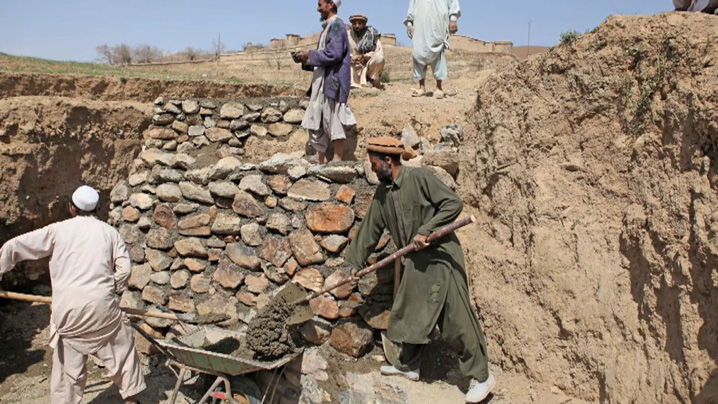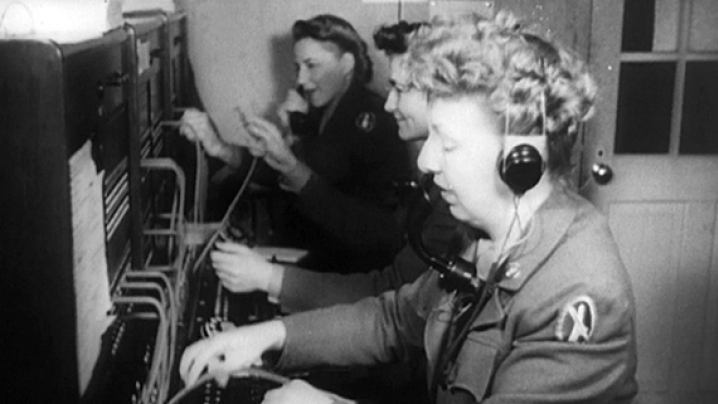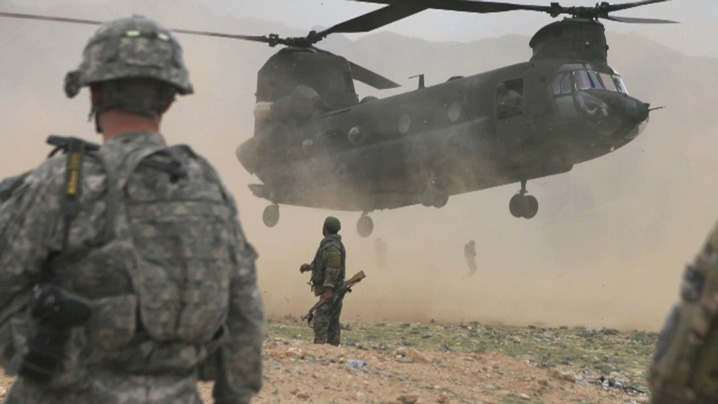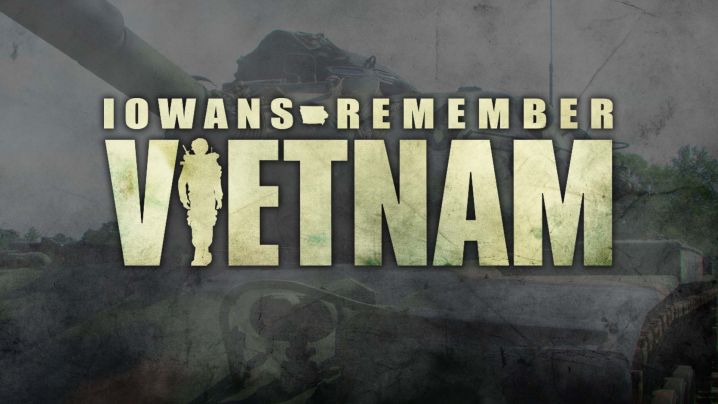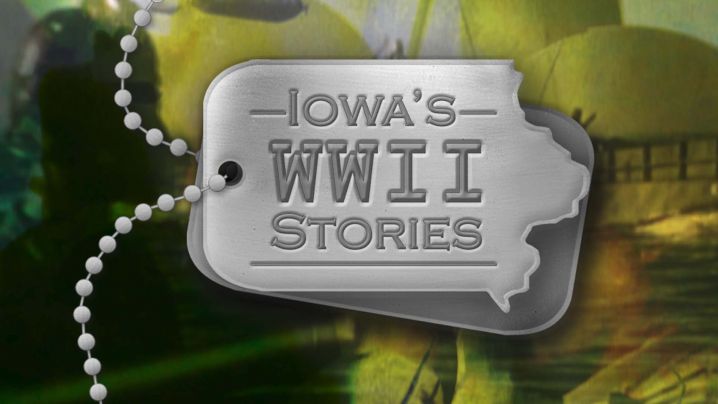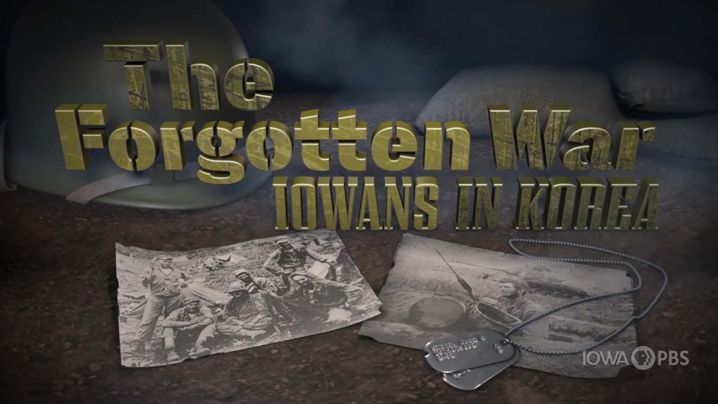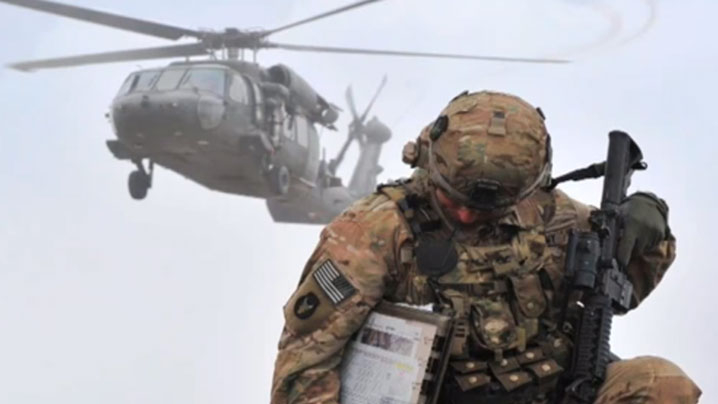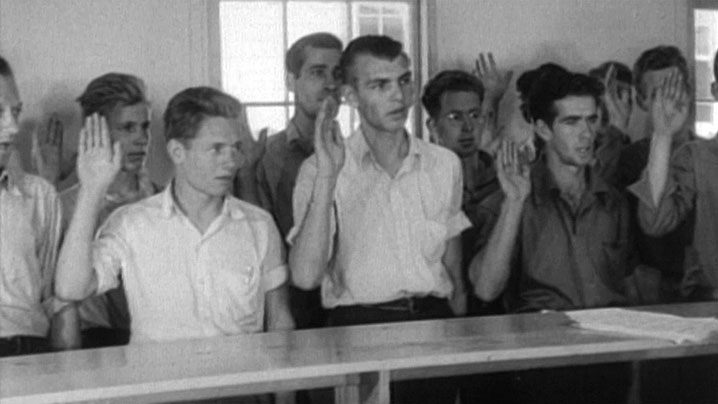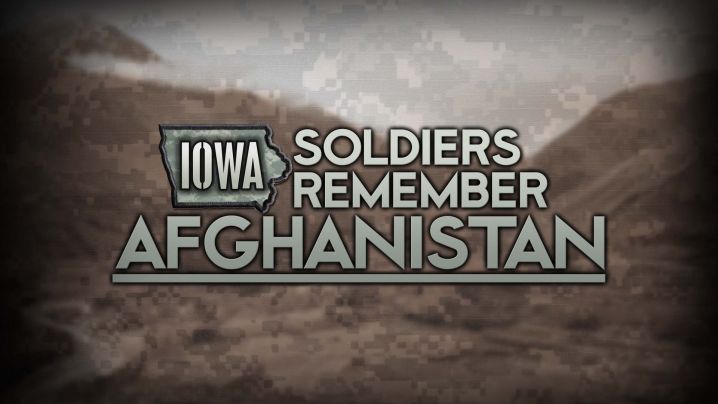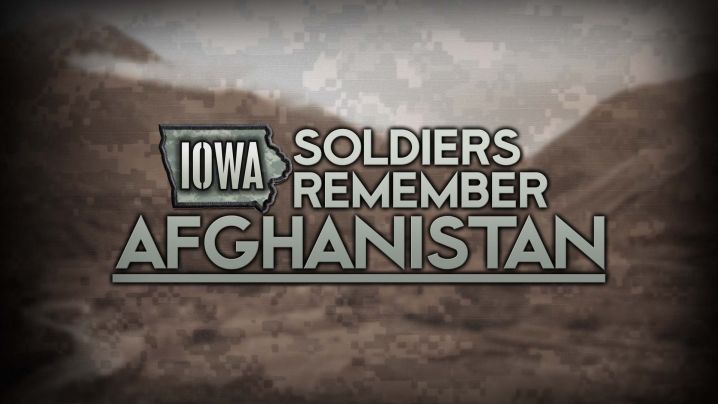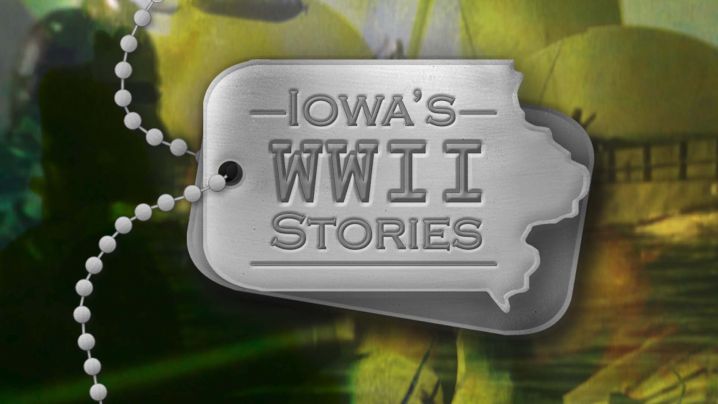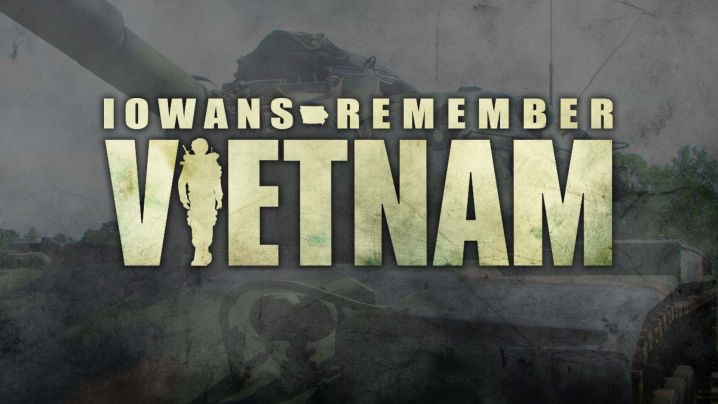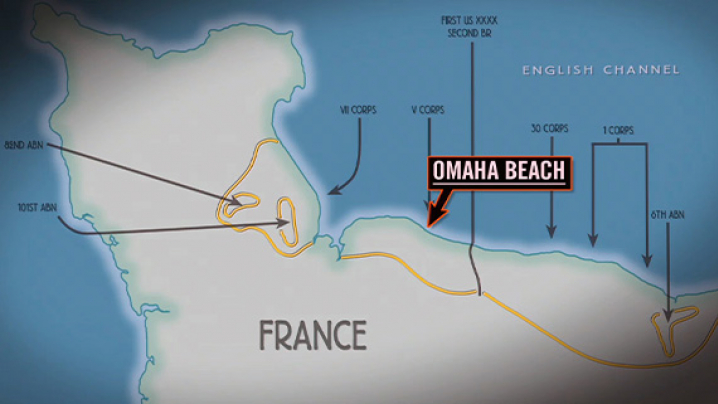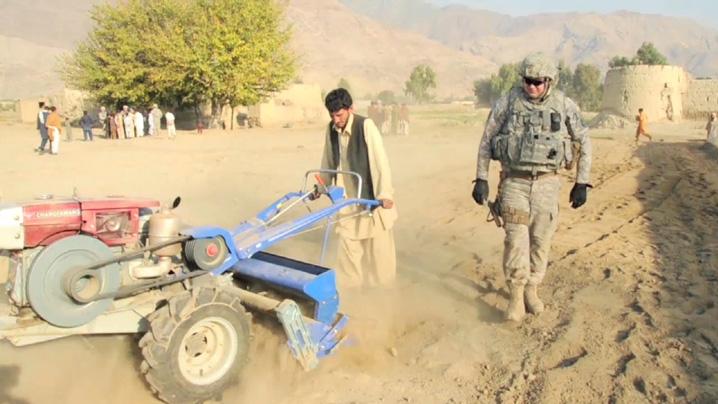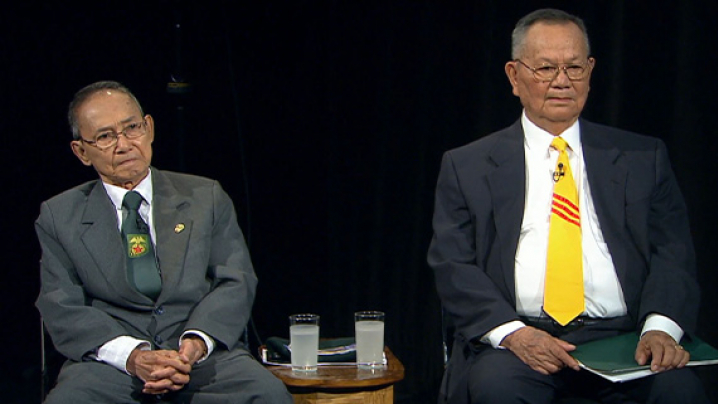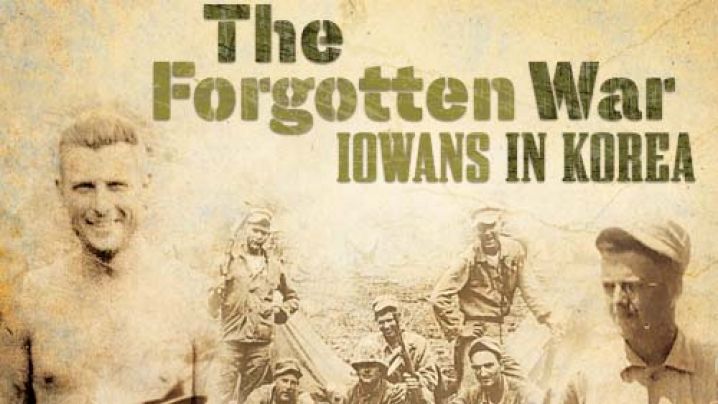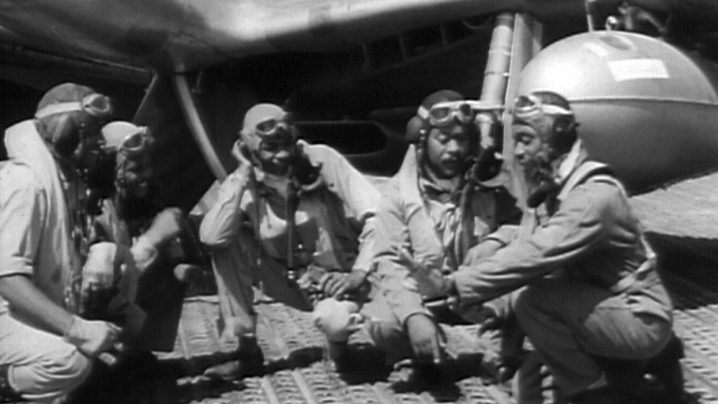Iowa Military History
From Iowa’s earliest days, Iowans stood up to support the rights and freedoms set forth in the Constitution of the United States. Iowans have served in every war from the Civil War to the War in Afghanistan.
Along with winning the hearts and trust of the Afghan people, American forces helped to repair damaged infrastructure.
The Women's Army Corps (WAC), created during World War II, was the women's branch of the United States Army.
Join us in remembering 9/11. After terrorists attacked New York, Pennsylvania & Washington, D.C., 3000 Iowans mobilized.
Examine one of the most turbulent times in American history from the perspective of the Iowa veterans who were there.
Explore the sacrifices that Iowans made at home and on the frontlines to win the fight against the Axis powers.
Analyze the causes of a war that has been forgotten by many but the Iowans who served on its battlefields.
Wars have been a part of Iowa's history since the first inhabitants arrived. Explore War and Conflict on Iowa Pathways.
The seeds of World War II were sown in the treaties that ended World War I. Learn with this article from Iowa Pathways.
Grasp the impact of the War on Terror with first-hand military and civilians accounts of the war.
Learn about the War in Afghanistan through the Iowans who were there. Iowa soldiers reflect on their experiences.
Delve into the memories of those who put their lives on hold in the fight against the Axis powers.
Examine one of the most turbulent periods in American history from those who lived it.
On June 6th, 1944, Allied troops invaded Normandy in what would become known as D-Day.
Troops from Iowa worked to empower Afghans by improving agriculture practices and developing entrepreneurial skills.
South Vietnamese Army Officers share their perspective on the circumstances that led to the U.S. exit from Vietnam.
Learn about the Korean War from the Iowans who served.
Learn about the 332 Fighter Group that helped to defeat the Axis powers during World War II.
